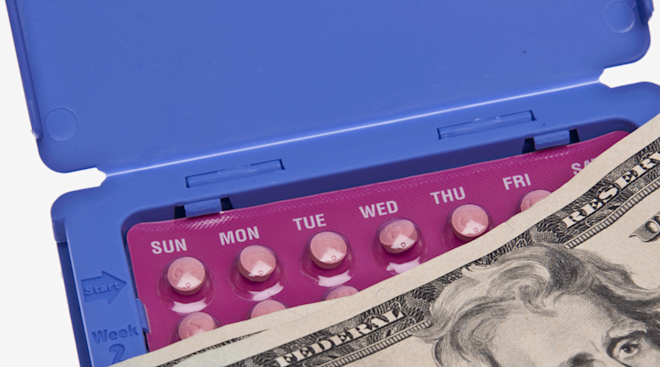Why Due Dates Can Change and What It Means for Your Pregnancy
When I was pregnant with my first son, his due date of February 28 was seared into my brain. This was when I was expected to become a mom, when my life was expected to change forever.
My ob-gyn at the time liked to do an ultrasound during every visit. After my second scan, she changed the due date to March 4. I thought that was kind of weird, but I was pregnant for the first time and figured this was just something that happened. But during the next visit, she changed it again—to March 6. She didn’t offer up much explanation other than to say that while everything looked great with the pregnancy, my son was “measuring small.”
At this point, I started to get annoyed. What was the point of a due date if it seemed like your doctor was just picking a random day on the calendar and claiming this was it? Was it normal for the due date to change? In the end, the joke was on all of us: My son ended up coming a few weeks early, on February 21.
Curious how due dates are determined, and why they’re subject to change? Read on.
For most women, due dates are calculated by using the date of your last menstrual period, says Julie Lamppa, APRN, CNM, a certified nurse midwife at Mayo Clinic. “By using this date, you add 280 days to come up with a due date,” she explains. (You can do this pretty easily by using an app or The Bump due date calculator.) Based on this calculation, you should be 40 weeks pregnant on your due date, Lamppa says.
Your due date can also be calculated via ultrasound, which measures baby’s length from crown to rump (i.e., the distance from their head to their bottom), says Christine Greves, MD, an ob-gyn at the Winnie Palmer Hospital for Women & Babies in Orlando, Florida.
Another options is for you or your doctor to try to calculate your due date based on the date you conceived (they just add 266 days to that), Greves says. But of course this one can be a little complicated. “How often do people know or remember that date?” she says.
A big factor is how regular your periods are, Lamppa says. “Dating by a last menstrual period is really based on a woman having 28-day cycles and ovulating on day 14,” she explains. But of course, not every woman has a 28-day cycle.
Also, if you happened to get pregnant shortly after you came off of birth control, that could interfere with the date as well, since the time you ovulated (and got pregnant) could vary, Lamppa says.
If you don’t have regular periods or got pregnant right off of birth control, your doctor may give you an initial due date using the date of your last menstrual period and then tweak it after performing an ultrasound during the first trimester to assess the gestational age of baby, Greves says. “The ultrasound in the first trimester is the most accurate for determining due date because we use a crown to rump length,” she says.
An early second trimester ultrasound may also change your due date if you didn’t have a first trimester ultrasound, Greves says. “If the date of your last period is several days off from our calculations, we give validity to the ultrasound,” she says.
How common is it for a due date to change?
In general, this doesn’t happen a lot—but it usually depends on how your due date is calculated in the first place. “If dating is only based on the last menstrual period and a later ultrasound shows a discrepancy, then the due date may be changed,” Lamppa says. If your due date is confirmed by an ultrasound in the first trimester, it shouldn’t change as the pregnancy progresses, even with additional ultrasounds, she says.
“During much of pregnancy, it really doesn’t matter too much if your gestational age is off by one to two weeks,” Lamppa says. It could just mean that you might have irregular periods.
But it becomes much more important to have a correct due date when you get closer to term, Lamppa says—and not just for your ability to plan for a new baby. “Providers make many decisions regarding timing of delivery, and it’s all based on your gestational age,” she says. “This could be a serious issue if a due date is wrong.” For example, if you happen to have a complication at 37 weeks of pregnancy—the threshold for what’s considered term—your doctor will want to have an accurate due date so they don’t deliver a preterm baby if it’s not medically necessary.
While it can be frustrating to have your due date change, it’s important for you to trust your doctor in the process. “Outcomes are improved for both moms and babies when due dates are accurate,” Lamppa says.
Published March 2019
Plus, more from The Bump:
Navigate forward to interact with the calendar and select a date. Press the question mark key to get the keyboard shortcuts for changing dates.




















































